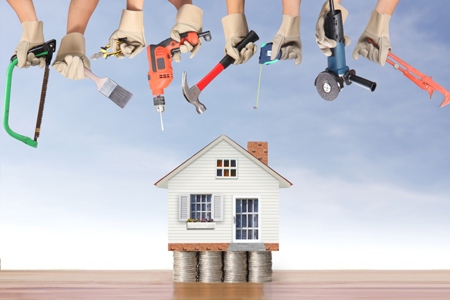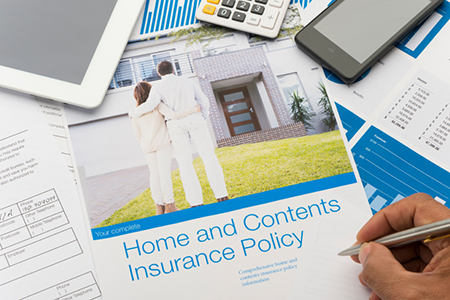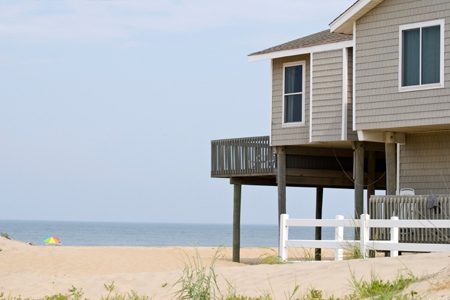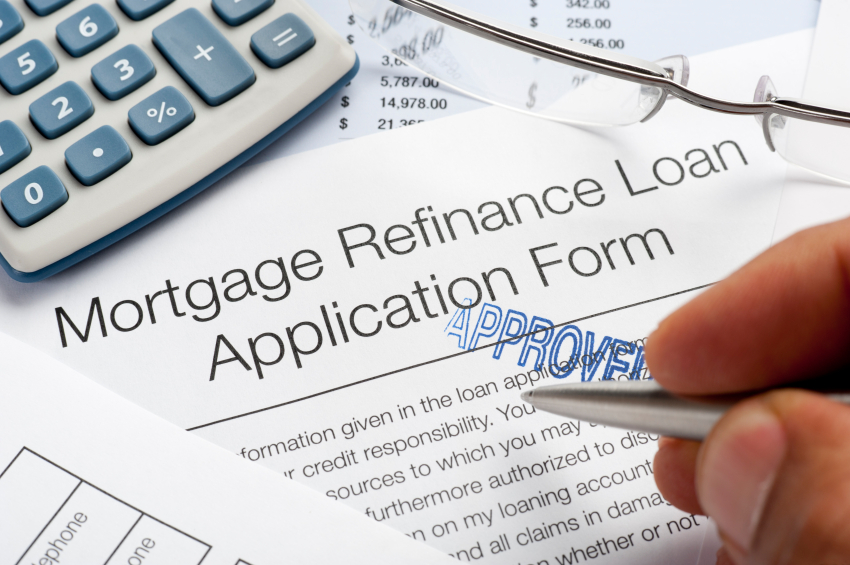According to the Millennial Housing Commission, created by Congress, few lenders are willing to administer home improvement loans. Most prefer to make home equity loans or unsecured consumer loans because they are easier to manage. Home improvement loans usually require inspections and irregular draws on the loan amount as work is completed, which requires regional or national lenders to find local partners to provide oversight.
Financing repairs and improvements with home equity is okay for most homeowners, but it is difficult for many first-time buyers. They generally have lower incomes and smaller savings, and have made lower down payments on their homes than first-time buyers a decade ago, so they have little equity to borrow against. Unfortunately, it is often lower-cost, older homes purchased by first-time buyers that need the most work.
Unless you have a cash reserve, you will have to shop around for the best borrowing terms. In addition to the options listed above, you can ask relatives for a loan. Borrow against your whole life insurance policy. Refinance your existing mortgage. Get a second mortgage. Contact the government about home improvement programs. As a last resort, borrow from a finance agency, which tend to charge high rates.











